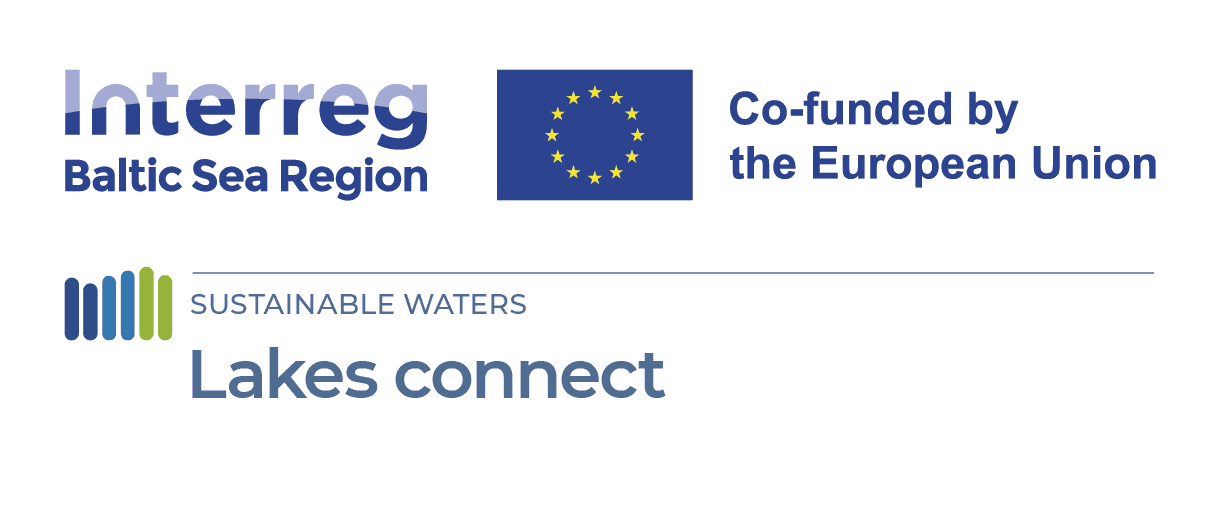
Lakes connect project story
20 September 2024
>>> Find out our project story
The Lakes connect project aimed to establish inter-institutional solutions that mitigate tourism’s impact on lake cleanliness. It involved pilot studies conducted in Poland, Lithuania, and Latvia, where research teams collected and analyzed water samples from selected lakes before, during, and after the tourist season..
Identified challenges and solutions
One of the main challenges was effective communication.
This included:
- A lack of information on international cooperation related to that issues,
- The need to create understandable communication channels,
- Engaging local communities and stakeholders.
To address these challenges, we focused on building trust among different organizations and raising public awareness about lake pollution. We also prepared a series of documents and recommendations tailored for various authorities and stakeholder groups. These guidelines are designed to address the specific needs and challenges faced by each group, ensuring that our findings can be effectively implemented to enhance lake water quality and promote sustainable tourism practices.
Evidence of effectiveness
Stakeholders have expressed positive feedback regarding the project’s outcomes, indicating a shared commitment to further actions based on insights gained throughout the project.
Transnational cooperation
A significant aspect of the Lakes connect project was its emphasis on transnational cooperation among partners from Poland, Latvia, and Lithuania. By bringing together diverse stakeholders from these countries, the project facilitated a rich exchange of knowledge and experiences. This collaboration not only enhanced scientific understanding but also promoted responsible tourism practices across borders.
Conclusion
Together, we are crafting a sustainable future for our environment while championing responsible tourism. As we reflect on the achievements of the Lakes connect project, it is clear that collective efforts are vital for preserving our natural resources. The project’s legacy will continue through the partnerships formed and the knowledge shared among participants dedicated to protecting lake ecosystems.





